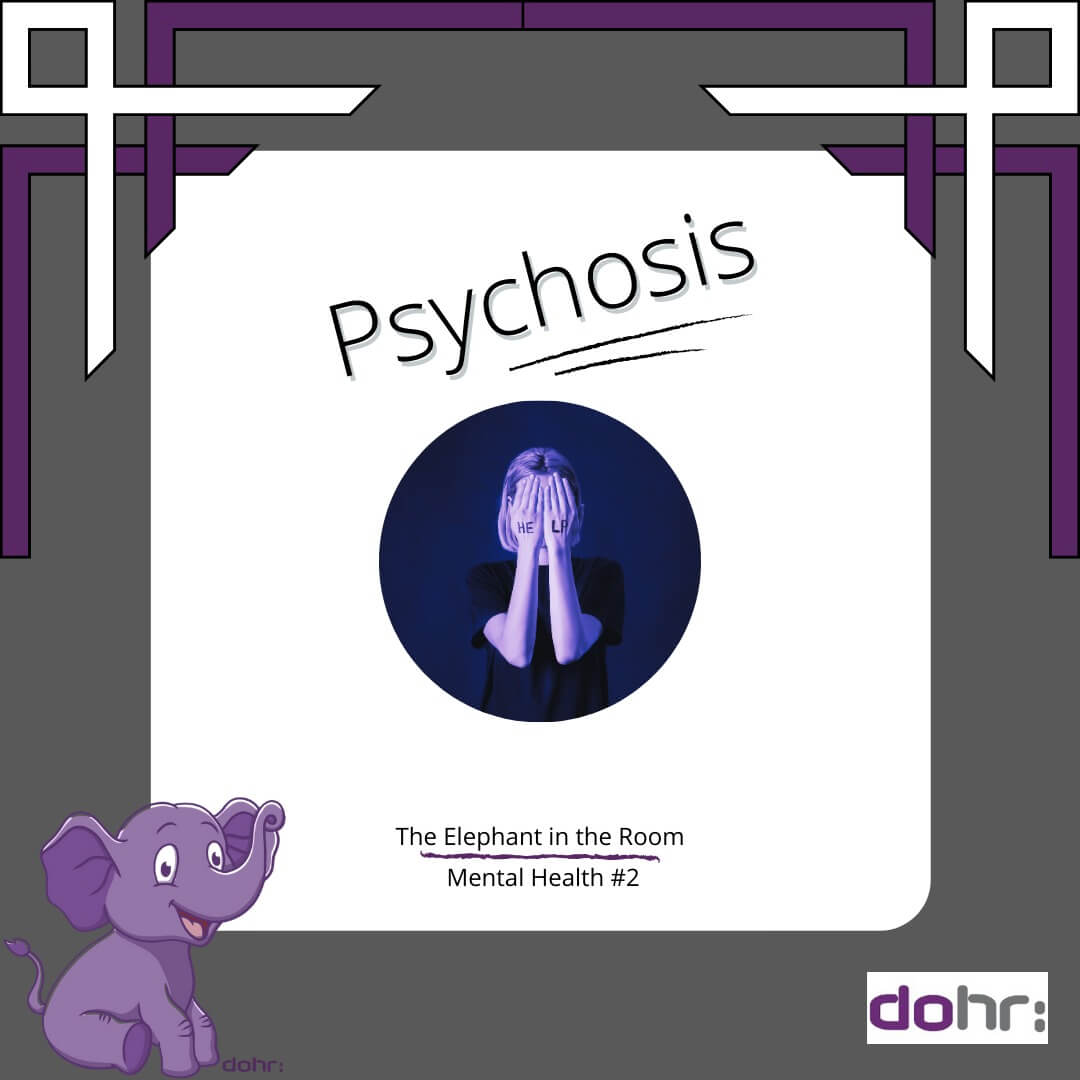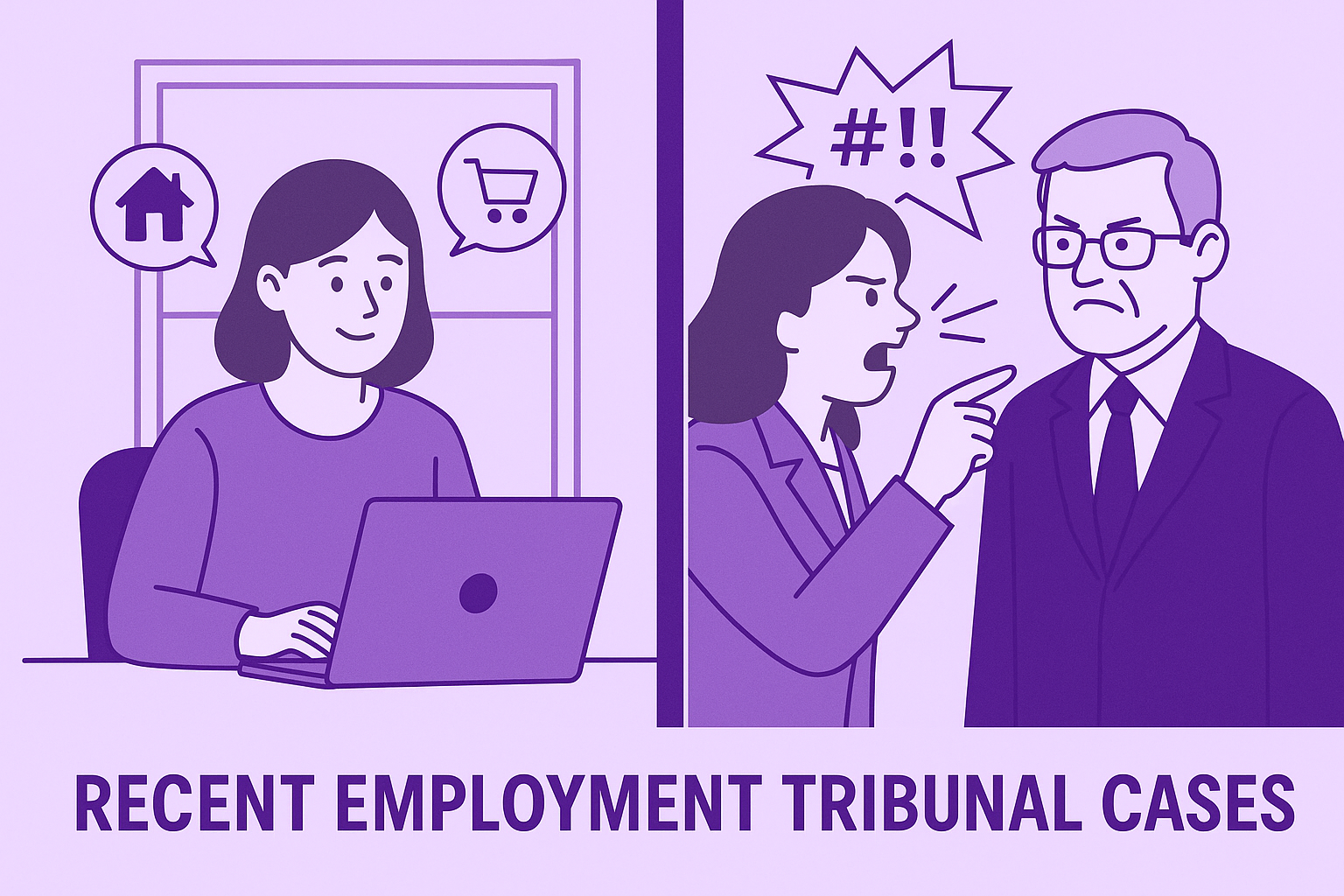The main forms of psychosis are schizophrenia and bipolar disorder. Unfortunately, it often takes a long time to diagnose properly and to treat effectively.
Psychosis is a condition in which the person has changes in their thinking, perception, mood and / or behaviour. As you might imagine, all of these can be a problem in the working environment, especially as the person usually perceives the commonly accepted reality differently to others. Relationships and self-care are also negatively impacted.
Psychosis often starts in adolescence or early adulthood, so by the time someone reaches the workplace they may already have been diagnosed. Some people with psychosis will be on medication, under expert mental health teams and able to function almost normally a lot of the time.
For colleagues in the workplace, the problems may occur when an ‘episode’ is triggered. This might be an incident (either at work or at home), a change in medication, the individual stops taking their medication, or for unknown reasons.
The way in which you may spot an issue include mood swings, withdrawal, memory problems, suspiciousness, expression of unusual beliefs, perception that things have changed, hallucinations or delusions. All of these will then have a negative impact on the person’s wellbeing and performance at work.
Every situation / episode will be different, and it is important to assess the situation and seek advice if you are unsure how to best support your colleague. They may already have an agreed action plan with their line manager or HR. You may have an occupational health report with a plan in place. It may be that you need to contact their next of kin to get advice and support.
Whatever you do, don’t ignore the problem. It will not go away on its own. You have a duty of care to protect the physical and psychological wellbeing of yourself and your colleagues and as with all first aid situations, if you can’t control the risk, your role is to find someone who can.
One thing to be aware of is that psychosis can manifest as aggressive behaviour. If this is the case, you must protect yourself and others before assisting the individual. You may need to call the police, but do let them know if the person has a diagnosed psychosis. Stay calm and do not try to reason with the person – it won’t work! Express empathy and where reasonable to do so, comply with their requests.
As with all mental health conditions, your job is not to cure the individual. You are there to support them, to protect them if required and to ensure that others are safe. If you have anyone else at work with a mental health issue, witnessing a psychotic episode may trigger them and therefore it is a good idea to do a debrief and ensure everyone involved is ok.
Throughout May we are discussing The Elephant in the Room. The issues which make employers uncomfortable, and which could lead to bullying, harassment, discrimination and potentially grievances or claims against the company.
With so many people now suffering from mental health issues, increasing numbers of people willing to talk about their mental health and the wider recognition of the various conditions, employers cannot ignore mental health in the workplace.
In an ideal world everyone would be mental health first aid trained, but that it not realistic. If every workplace could have someone trained, that would be an amazing achievement.
There are lots of initiatives to encourage employee wellbeing, an open culture and a healthy and safe workplace for everyone.
If you want details for any of the issues discussed in our blogs, contact us on [email protected]



